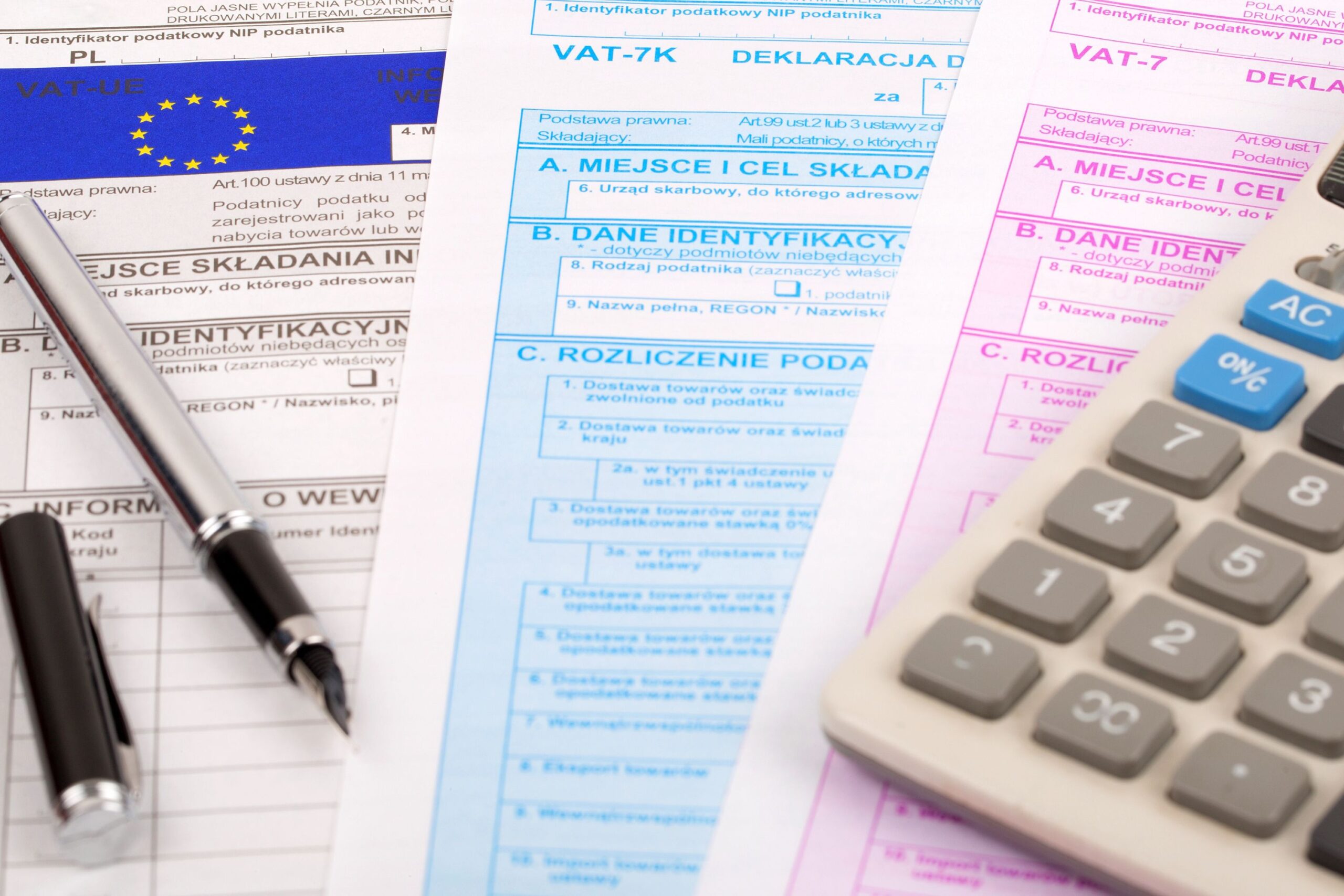Not every company needs to be registered to pay Value Added Tax (VAT). Only those businesses who meet certain criterion need to go down that route.
Essentially this means your taxable turnover is more than £85,000 in a year (fixed until March 2024). Other reasons you will have to register are:
- If you suspect your turnover will exceed the £85,000 amount within the next 30 days
- Your business isn’t in the UK yet you are a UK resident
- You don’t live in the UK
- You provide goods or services to the UK (or will do within the next 30 days)
If you anticipate reaching the VAT threshold the following month, then it’s important to register with HMRC within 30 days to avoid incurring any penalties. This will depend on how late you register and how much VAT you owe.
If you exceed the limit for a short period for a short period of time ie a week or two, then you can apply for a registration ‘exception.
Another reason you might have to register is if you take over a business which is already VAT registered and if your turnover together with that of the business is more than £85,000 in that 12-month period.
Otherwise, your VAT registration date the first day of the second month when you exceeded the £85,000 threshold.
What exactly is VAT?
VAT is charged on both goods and services here in the UK. But it can also apply to some services from other European countries. It’s a tax that you’ll have to add on to customer’s invoices and which is then paid to HMRC.
Even if your turnover is less than the threshold £85,000 amount, it’s still possible to register for VAT. Unless that, is, the goods you sell are exempt from VAT.
Benefits of being VAT registered
Once you’re VAT registered it’s possible to claim back all the VAT you’ve paid – as opposed to non-registered companies who may be charged VAT on certain goods and services but can’t claim the money back.
Not only that, but if you are predominantly a B2B business (ie sell to other businesses rather than the public) then your customers will more than likely also be VAT registered. This means they too can look forward to a VAT cash refund at the end of the year.
VAT rate charges
VAT is charged at 20 per cent on all goods and services in the UK. Unless, that is, they are classed as ‘reduced’ or ‘zero-rated.’
If ‘reduced’, then the VAT rate is five per cent. Goods that fall into this category include sanitary products, children’s car seats, gas and electricity for the home and the installation of energy saving items.
Goods marked as ‘zero per cent’ include food (from supermarkets, corner shops etc), children’s clothing, newspapers and bus, train fares etc.
There are another two categories – Exempt and Outside the Scope. The first includes services such as fundraising, insurance, credit lending and education. No VAT is applicable here.
The second, is for MOT tests, wages etc. These are not considered to be eligible for VAT.
Is it worth zero-rated companies registering?
The goods or services a company provides may not be zero-rated, but other purchases made under the company name may be.
Farmers, for instance, can claim back VAT on machinery they buy. Grocers and children’s shoe shops can reclaim VAT they’ve paid on furnishing their store and other equipment or services bought for promoting the business.
Different types of VAT schemes
- VAT flat rate. Businesses with a taxable turnover of less than £150,000 can apply for this. It keeps book-keeping simple since you’ll be applying a fixed percentage fee for VAT.
- VAT cash accounting. A scheme eligible for companies learning less than £1.35m, VAT is only paid on sales once your customers have paid you. Once you’ve paid VAT, this too can be claimed back straight away. This makes cashflow much easier since you’re not having to wait 12 months for your VAT refund.
- Annual accounting. A quick and easy way to pay, just fill out a return once a year, rather than every quarter. You can even may payments every so often (estimated) so that you’re not hit with a huge bill at the end of the year. You’ll get a refund if you’ve overpaid.
In conclusion, a limited company doesn’t have to be VAT registered, provided it hasn’t reached the VAT threshold. However, there are instances in which it may benefit the company to do so.
Get in touch
Need advice on registering for VAT? Then why not give the team at Black and White chartered accountants a call today. Ring today 0800 140 4644 or contact us via our website right here.



